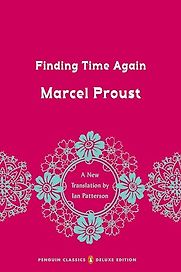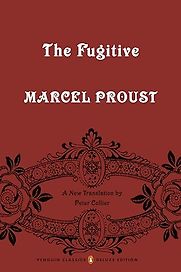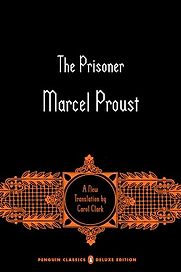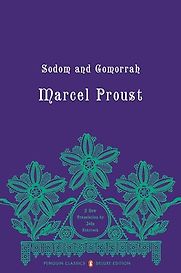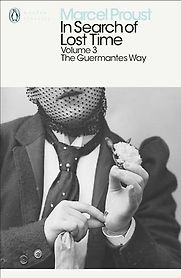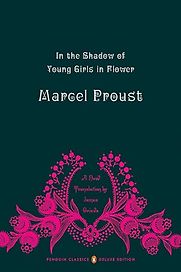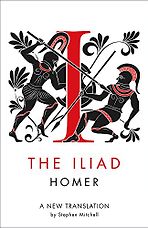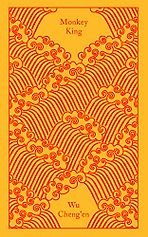Recommendations from our site
“So, we already encountered involuntary memory in the first volume, with the madeleine episode—in which a character eats a madeleine dipped into a cup of tea, which he used to have pretty much every Sunday in the summer with his aunt Léonie. But he hasn’t had it in years, maybe decades, and because he hasn’t had it in so long it acts as a powerful trigger for memories. It’s as though he becomes again the child that he was at that time, and remembers all kinds of things he had forgotten, and he says the experience made him feel immortal, but that he wasn’t to know for many years why. Now, in the final volume, some 3000 or so pages later, we learn why. So you have to be very patient, and you have to have a good memory. That’s one of the things the novel does—it encourages us to flex our memory muscles. So it’s not just a novel about memory, but a novel that cultivates memory.” Read more...
Joshua Landy, Literary Scholar
